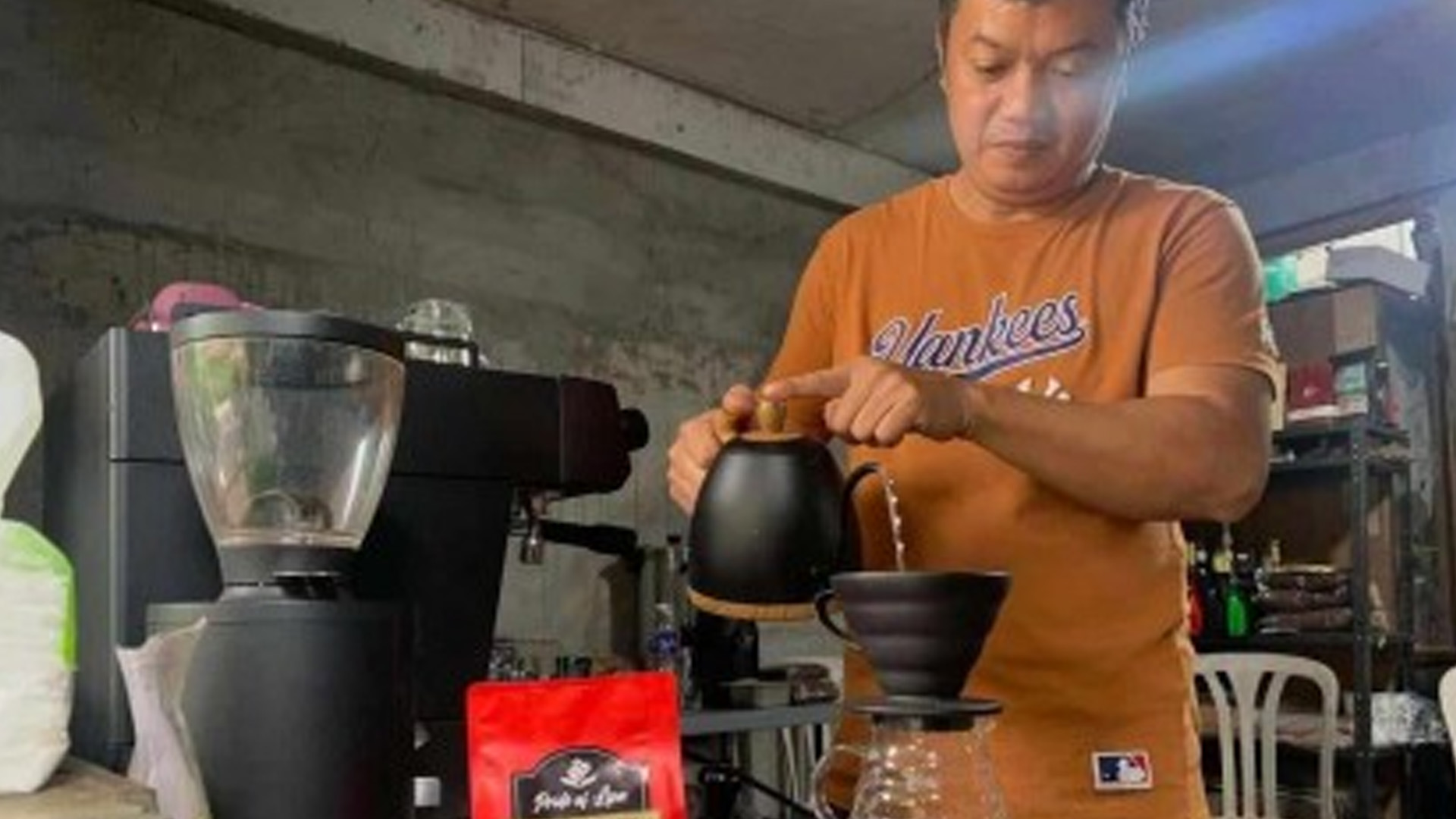The Office of the Provincial Agriculturist (OPAg) in Batangas is currently processing the registration of “kapeng barako” or liberica coffee with the Intellectual Property Office of the Philippines (IPOPHL) to secure its collective mark and strengthen the branding of local coffee products.
The Intellectual Property Code defines a collective mark as “any visible sign designated as such in an application for registration and capable of distinguishing the origin or any other common characteristic.”
In an interview on Thursday, OPAg head Rod Bautista said a technical working group (TWG) formed in May for the move will meet on Aug. 22 to discuss the history, etymology, production and scientific components of “kapeng barako” as part of the requirements for the registration.
“We have gathered Batangueños in different fields as part of our collaborative effort to promote the cultural heritage of our coffee industry. The TWG is composed of historians, academicians, coffee farmers, and other stakeholders,” Bautista said in Filipino.
This is part of the legacy that Governor Hermilando Mandanas wishes to leave behind before he ends his term next year, he said.
Part of the provincial government’s efforts include educating farmers on rehabilitation of old “coffea liberica” trees to increase local productivity as well as applying multi-cropping techniques to maximize the land area.
The OPAg is ensuring that DNA (deoxyribonycleic acid)-tested seeds are used in planting more “liberica” coffee trees in their nursery facility, he added.
Bautista is also urging the locals to play an active role in promotion activities that will be launched in social media platforms.
Meanwhile, Arnold Malbataan, president of Batangas Coffee Farmers Federation (BaCoFFEd), said: “Kapeng Barako has been part of our identity as Batangueños and Lipeños such that its registration will strengthen our identity as coffee farmers and shall further enrich our history in the province.”
He said once registered with the IPOPHL, the local coffee industry would have a bigger market, just like the mangoes of Guimaras, and the pili nuts of Bicol region.
He thanked the provincial government, Batangas State University (BSU) and De La Salle-Lipa (DLSL), IPOPHL, and Department of Trade and Industry (DTI), among others, for providing technical support to finalize the collective mark registration. (PNA)







